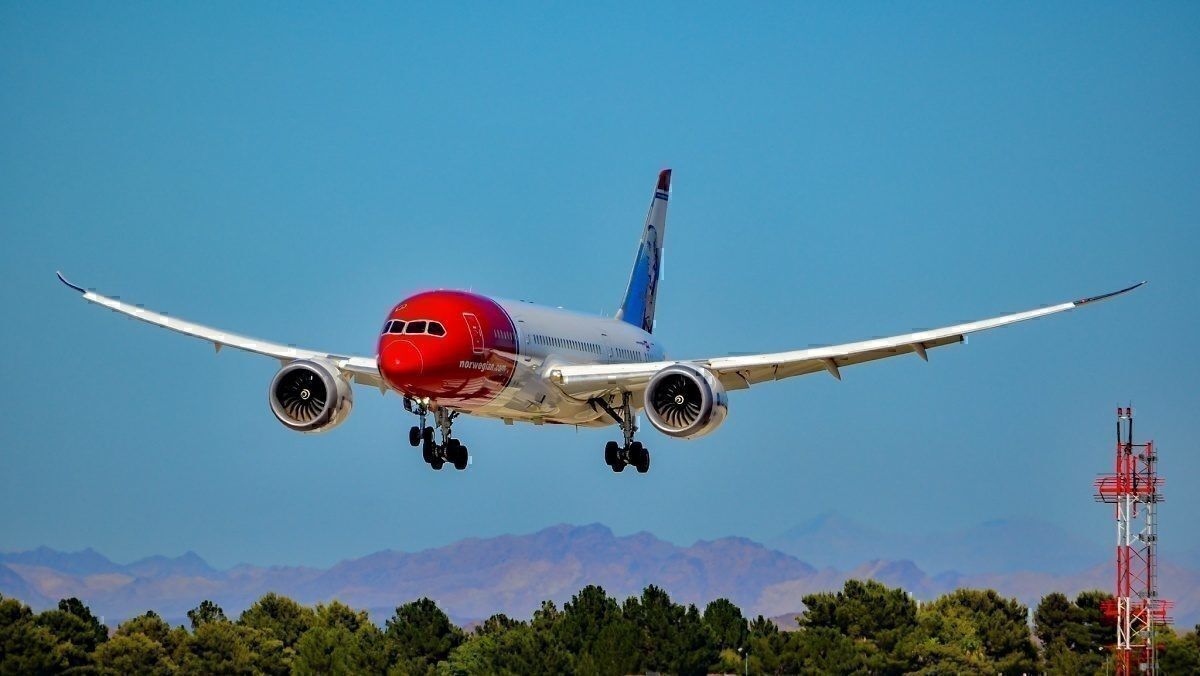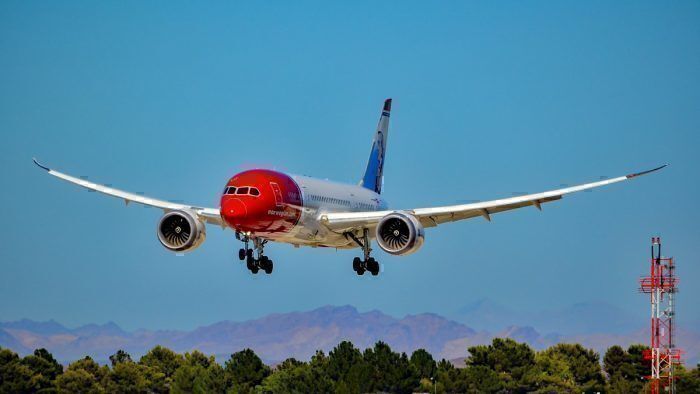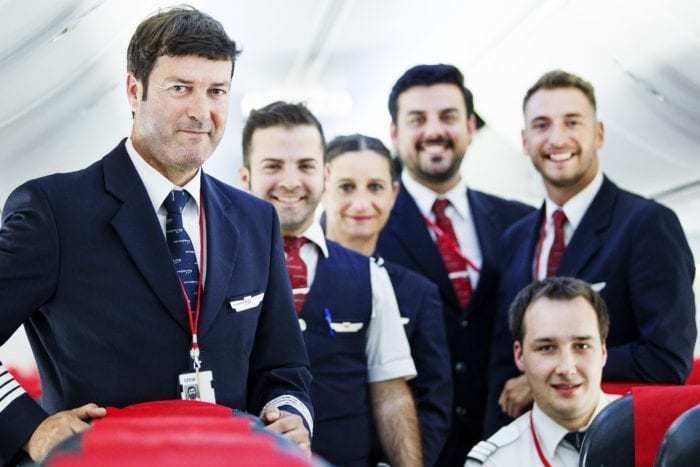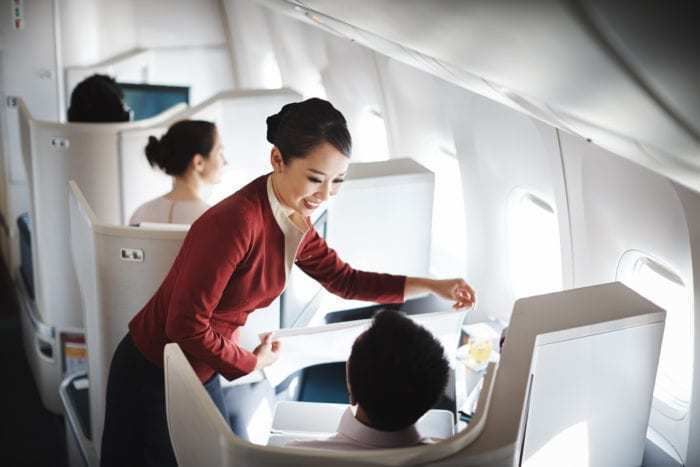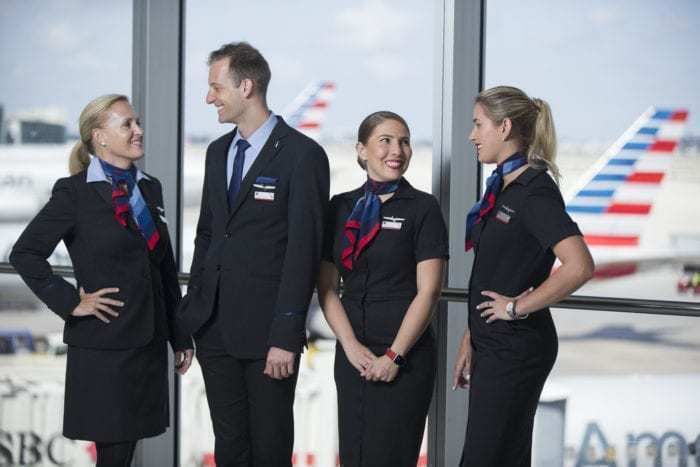According to a report by USA TODAY, Norwegian Air has dropped their policy that requires their female flight attendants to wear makeup and high heels. Men will also be allowed to wear light makeup.
Prior to this, Norwegian’s requirement for female flight attendants was to wear shoes “at least two centimeters tall”. The only exception was if staff had a note from a doctor. Makeup specified included: eye makeup, light foundation, a tinted moisturizer or powder - while men were barred from wearing any makeup.
This policy attracted a large amount of negative press coverage last month from media outlets all over the world. This was enough negative publicity for Norwegian to change their policy two-weeks after the initial story broke.
In the same USA TODAY article, airline spokesperson Anders Lindström stated:
"We now allow female crew members to wear flat shoes at all times and no makeup if they choose, male crew members can also wear light makeup”
Setting the record straight
To clarify the initial reports, the original policy had only applied to flight attendants outside the aircraft. However, regardless of whether it related to flying or working on the ground, it still seems like an outdated policy.
Many newspapers and articles online either failed to mention the distinction or downplayed it. As a result, comments from the public voiced their concerns and outrage regarding safety while in the cabin and in the air. These comments were going on false assumptions drawn from the wording of the articles and their headlines.
“Our cabin crew have always been required to wear flat shoes while working on board our aircraft for their safety and comfort. As a responsible employer we are in continuous dialogue with our cabin crew colleagues to see how we can improve our uniform guidelines." -Anders Lindström, Norwegian Air
As mentioned in our recent post about this policy, other airlines have relaxed their own dress codes recently, with Aer Lingus and Virgin Atlantic announcing changes in March. The major change for both airlines is that female flight attendants will no longer have to wear skirts or makeup.
Air New Zealand also recently announced that it would be "reviewing" its makeup requirement but there have been no news or developments since the reporting of that story. The end of March also saw Cathay Pacific end it’s 70-year-long skirts-only policy for female flight attendants.
If you’re interested in airline fashion, the South China Morning Post compiled a list of seven airlines whose female flight attendants wear trousers. Also, check out the latest news on American Airlines’ latest uniform change.
Evolving with societal norms
It was once the industry standard to have a very specific dress code. However, things have changed immensely in recent years. Here in 2019, western societies have certainly moved towards more freedom of choice for dress codes. The main reasons are for the sake of comfort and operational safety, not to mention self-expression. Mark Anderson, Virgin Atlantic Executive Vice President commented on his airline's new dress code:
“Not only do the new guidelines offer an increased level of comfort, they also provide our team with more choice on how they want to express themselves at work.”
It will be interesting to see how the issue of staff appearance and dress code will change over time. The other, more controversial issue in the world of uniforms is the balance of personal freedoms with respect for religions.
You may recall Air France facing backlash three years ago, after instructing female crew to wear trousers during flight service to Iran. A “loose-fitting jacket and headscarf” were also requirements when leaving the plane in Tehran. That particular issue was resolved with the airline allowing female staff objecting to the rule being allowed refuse to work the (now cancelled) route.
As societal norms continue to shift and evolve, what will change next in the world of air travel?

